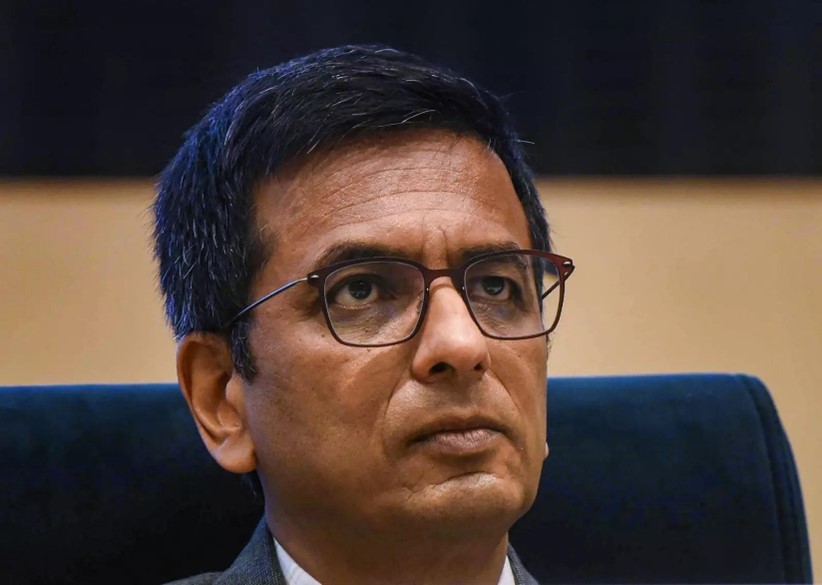PREVIOUS
Mandatory Minimum Sentences
February 2 , 2023
662 days
763
0
- A CJI Chandrachud-led bench has decided to examine a petition challenging mandatory minimum sentencing in case of gangrape of a minor below the age of 12.
- Mandatory minimum sentencing refers to "a sentence which must be imposed without leaving any discretion to the court."
- It prescribes a ‘minimum mandatory sentence’ of life imprisonment for the remainder of the convict’s life and even death.
- This concept comes primarily from the Canadian and American legal systems.
- In India, such sentences are prescribed for all sexual offenses under the Prevention of Children from Sexual Offences (POCSO) Act except the offense of sexual harassment.
- Under Section 8 of the POCSO Act, a punishment of 3-5 years has been prescribed for offenses under Section 7 which deals with offenses of sexual assault against children.
- The Criminal Law Amendment Act Of 1983 was the first instance of ‘mandatory minimum punishment’ being prescribed.
- It says seven years for general rapes and ten years for aggravated cases which could include rapes of minors below 12 years, and pregnant women.
- While the maximum punishment or life imprisonment for both was stipulated as 14 years.
- The 2013 reforms also updated the definition of ‘life imprisonment’ to mean the entire remainder of the convict’s life and introduced a minimum sentence of 20 years for gang rape.

Leave a Reply
Your Comment is awaiting moderation.


